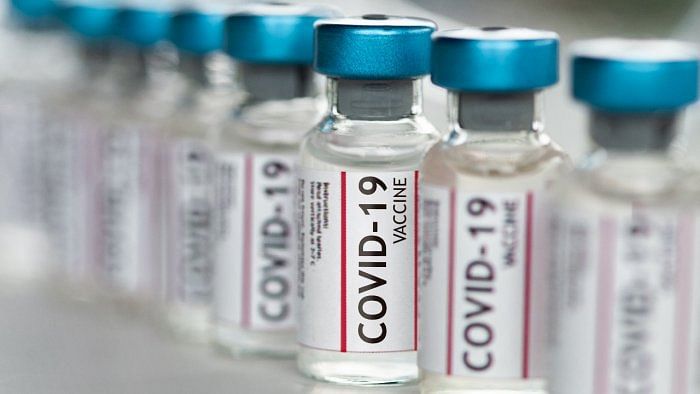
A study conducted to test Covid-19 mRNA vaccines in cancer patients showed a good immune response in almost all the people after three to four weeks of getting the second dose.
Out of the 131 patients who participated in the study, only seven high-risk patients did not develop antibodies.
The small group of high-risk patients whose immune system did not show any response have put the researchers pondering the question of how to protect these vulnerable groups against the virus.
"We could not find any antibodies against the virus in those patients, That has implications for the future. Should we provide a third dose of vaccine after cancer therapy has been completed in certain high-risk patients?" Dimpy P Shah, corresponding author of the study, MD, PhD, of the Mays Cancer Center, home to UT Health San Antonio MD Anderson told Mint.
"With other vaccines and infections, patients with cancer have been shown not to develop as robust an immune response as the general population," Ruben Mesa, senior co-author of the study, MD, FACP, executive director of the Mays Cancer Center told, adding, "It made sense, therefore, to hypothesize that certain high-risk groups of patients do not have antibody response to COVID-19 vaccine."
The intensity of the response to Covid-19 vaccines was different in different kinds of cancer patients.
"Patients with hematological malignancies, such as myeloma and Hodgkin lymphoma, were less likely to respond to vaccination than those with solid tumours," said Pankil K Shah, co-leade author of the study, MD, PhD, of the Mays Cancer Center.
The patients on chemotherapy developed antibody responses even though chemotherapy is toxic to the cells. However, the immune response was muted in this category as compared to the general population.
The study did not take into account the Delta variant and other mutated strains of the Covid-19 virus, while not analyzing the infection-fighting T cells and B cells’ response in patients with cancer.
"We observed a significant difference in response when two doses were given," Dr Shah told the publication, adding, "At least for patients with cancer, two doses are very important for robust antibody response."